October 24, 2024

Raymond Ashley
US
Ingmar Rentzhog is the founder and CEO at We Don’t Have Time, the social network for fighting the climate crisis.

This interview was conducted by Selva Ozelli
What was the idea/inspiration behind creating We Don't Have Time, a tech start-up aiming to become the world's largest social media platform for the climate crisis?
I was an entrepreneur in the finance industry, running my own successful company, when I had my first kid. Becoming a father got me thinking more about the world of tomorrow, the world my children was going to inherent, and so I started reading about the climate crisis. At first I thought: It cannot be this bad. If it was, everybody would talk about it, and our leaders would focus all their energy on trying to solve this crisis. But as I dug deeper into it, I realized that it actually was far worse than I thought it was, and that it still was not taken seriously. My real moment of clarity was when Donald Trump was elected as US president. That was when I realized that our leaders were not going to fix this for us. So I sold my company and founded We Don’t have Time with my colleague David Olsson.
Tell us about your Organization’s initiatives to educate a global audience about climate-change.
We believe in using the power of social media to influence climate action in society. By sharing and spreading solutions on a global scale we can speed up the transition. Today we have 750 000 members and follower and a monthly social media reach of 25 million. A growing number of thought leaders publish articles exclusively on our platform, which is then shared and spread throughout our network.
But we are also a review platform. Our users send Climate Love, Climate Ideas and Climate Warnings to companies, organizations and leaders to encourage sustainable solutions, suggesting new ways of doing things and demand bad practices to stop.
Does your organization collaborate with Museums, United Nations, if so which ones?
We are very proud to have UNDP as one of our partners. We help UNDP establish a climate dialogue with its stakeholders and use our expanding network to help UNDP influence climate action in society.
We do not collaborate directly with any museums – yet – but art is becoming more and more important for us. We have a very creative partnership with OpenArt, Scandinavia’s biggest biennial for contemporary art, and through our partnership with KI Culture we help spread the word and encourage museums and other cultural institutions to improve their climate work. KI Culture promotes sustainability through culture, and provide easy to use and simple solutions for museums, conservators and art-makers. Another of our partners, Llobet Collaboratorium, is an artistic workspace focusing heavily on circularity.
This year The International Committee for Museums and Collections of Science and Technology (CIMUSET) which is a scientific committee of the International Council of Museums (ICOM) during its 48th #CIMUSET Annual Conference: “Museums & Environmental Concerns, New Insights” -7-11 November 2021, will address our planet's environmental concerns and how Science and Technology museums can approach and present this important issue via education and exhibitions. When did your organization get involved in climate change related issues and what programs has it instituted in collaboration with Museums?
Our organization was founded to combat the climate crisis. That’s our sole purpose.
Our main tools at We Don’t Have Time are communications and information. But art – and thereby museums – has a very important role to play here, because art can make people feel the climate crisis in a way that statistics and news reporting never can.
A few months ago we held a partner webinar focused on the role of culture in reaching our global climate goals. And there is more to come.
In the last few decades, the degradation of our environment with increased global warming, melting of the arctic, pollution, increased carbon footprint, ozone layer depletion, natural resource depletion, loss of endangered species, urban sprawl has gone up at an alarming rate.
The worldwide covid-19 pandemic has also added to plastic pollution stemming from single use plastic equipment that are dumped into our world's wetlands, oceans and landfills. Tell us more about your organizations pandemic related plastic pollution related initiatives, programs?
Plastic pollution is an everyday topic on the We Don’t Have Time platform. As I said earlier, our climate review system is an important and effective way for us to use the power of many to create impact and speed up the transition to a fossil-free world.
When enough people agree on a climate review, we contact the company or organization and ask for a comment. Most companies and organizations are very sensitive to the opinions of their stakeholders, and this is proven by the fact that we get new replies from the targeted companies and leaders every week.
We recently had a user of our network who gave climate love to Thaely, an Indian company which makes shoes out of plastic waste. This review hopefully encourages the company to do more of the same thing, but it is also our way of spreading information throughout our network that this solution exists. I am pretty sure that several readers will choose to buy their next pair of shoes from this climate-conscious company and not from a regular footwear brand that doesn’t care.
We also have great brands as our partners, like Icebug and Houdini– two Swedish brands that uses recycled plastic bottles and lots of other circulated material in their shoes and clothes – and Karün, a Chilean brand that makes sunglasses out of plastic ocean waste.
In June we also launched a broadcast series on circularity. In each of the episodes we show examples on how waste can be turned into resources. Our upcoming Exponential Climate Action Summit III, which will be broadcast live to a million-wide audience on September 23, will focus on circularity as well.
Your organization has gracefully participated in #Tiredearth #MASKUARY CAMPAIGN by providing videos/photos/publishing digital art shows. How does a campaign like this raise awareness?
I believe the public needs to be informed about the climate crisis in many different ways, and in a variety of public areas. One reason why so many people have actually followed the advice of keeping distance and avoiding crowds during the pandemic is that the information regarding the dangers of covd-19 have been visible everywhere. This is how we need to tackle the climate crisis as well. By treating is a crisis – and informing the public about it in as many different ways and forms as we can.
How can people reach your Organization?
By going to wedonthavetime.org and create an account. It’s free, and gives you access to a well-informed, ad-free social network with a friendly tone and a knowledgeable audience. And it runs on 100 percent renewable energy.
Anything else you might want to add.
Two things. The most precious asset we have is time. It is what we all choose to do with our time that really matters.
And also: When you do something that is good for the climate, make sure you communicate it to others, because this is how we inspire others to act. Putting solar panels on my roof-top was great, not just because it gave ne clean energy, but also because it was visible to all my neighbours. Just two months after I put solar panels on my roof top, one of my neighbours did the same. And now many others in the block have followed.
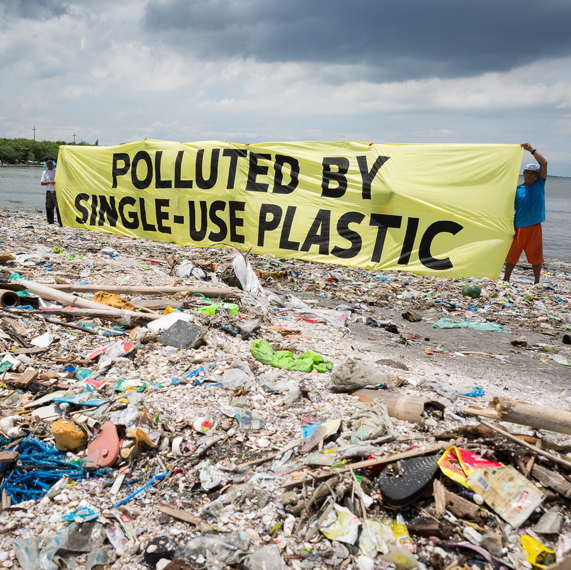
Why we need a UN Treaty on plastic pollution The Ellen MacArthur Foundation is a UK charity working on business, learning, insights & analysis, and communications to accelerate the transition towards the circular economy.
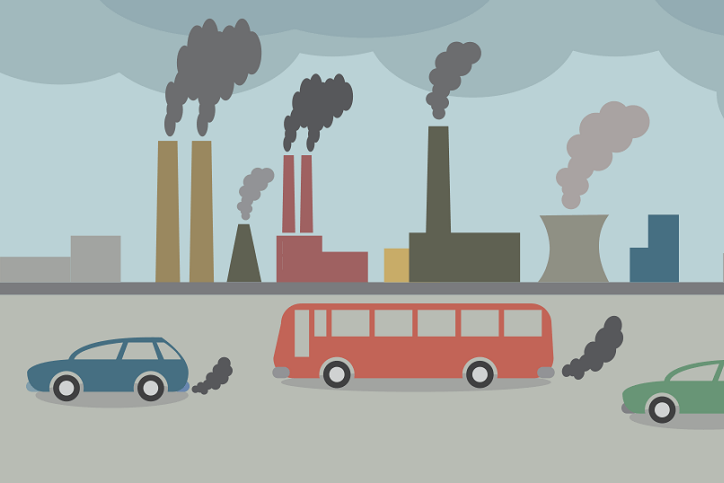
Air Pollution for Kids Air is all around us and we need it to survive.
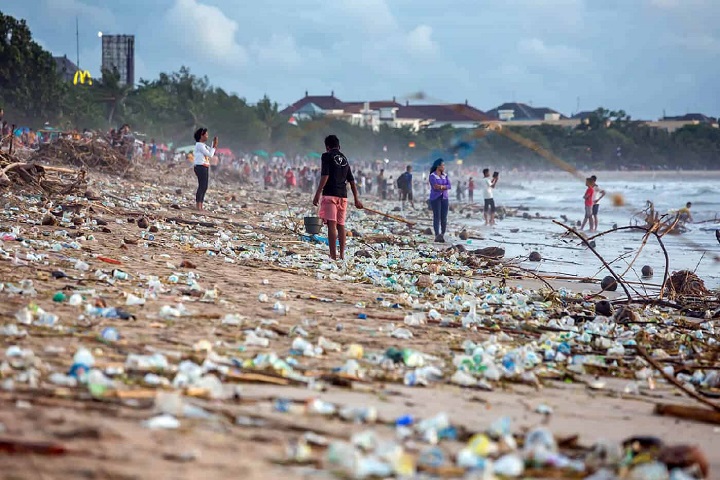
Why We Need to Stop Plastic Pollution? Our oceans are being filled and killed by throwaway plastics.
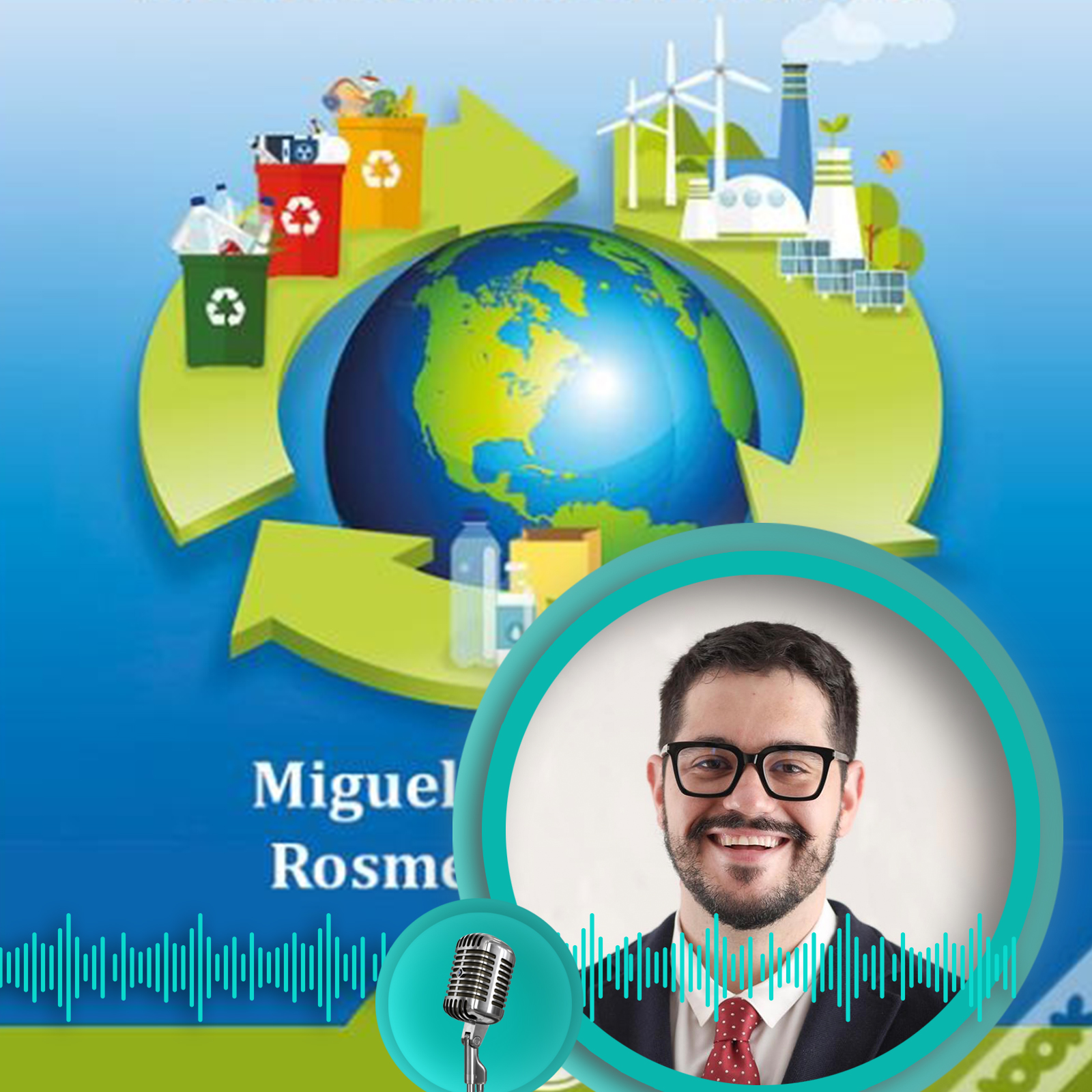
Climate Change, Ecological Crisis and Sustainability We are all agents for change in climate action.
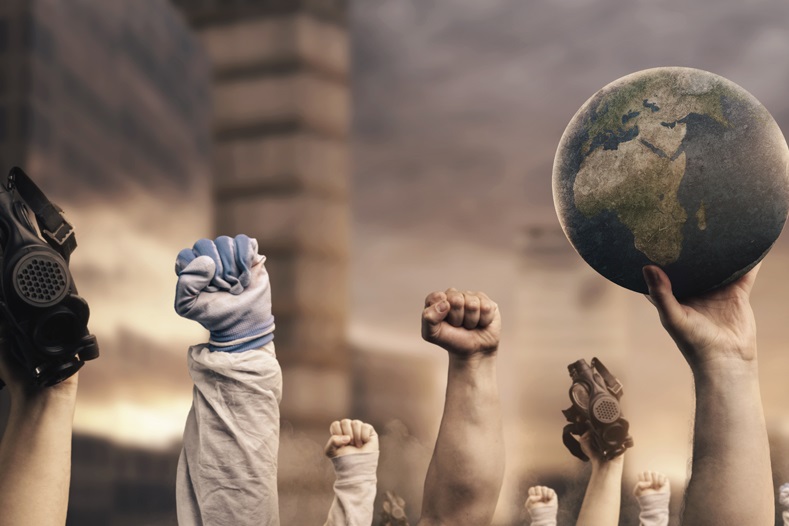
Climate Racism Climate Racism: Social Inequalities in the Age of Climate Change